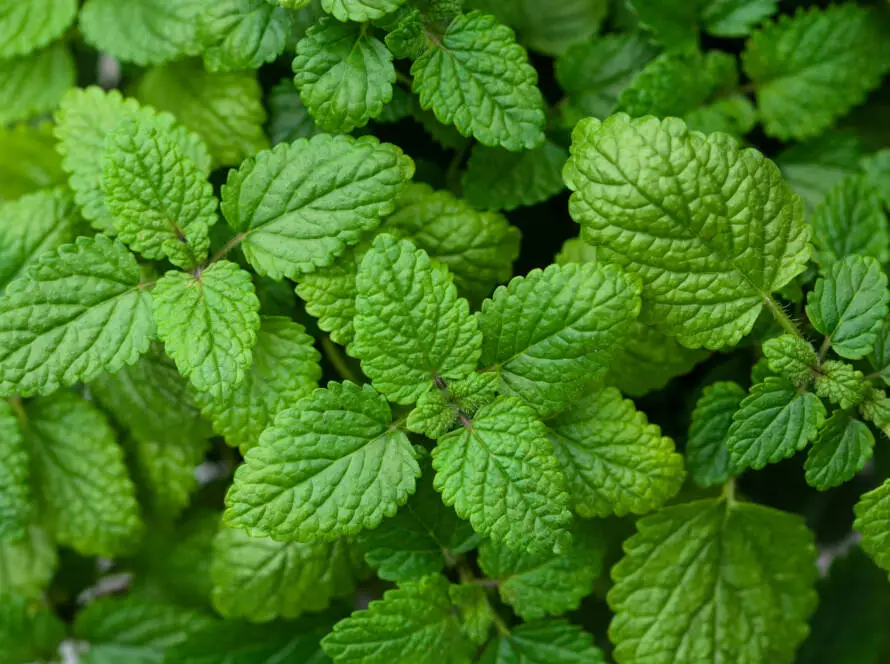Goldenrod: An Overview of Benefits and Precautions
Introduction
Goldenrod, scientifically known as Solidago virgaurea, is a plant used in traditional medicine for a variety of conditions. These include conditions such as rheumatism, gout, diabetes, and respiratory issues. However, I would like to point out that scientific studies have not confirmed its effectiveness for these health issues.
Common Names
- Goldenrod
Uses of Goldenrod
Goldenrod is traditionally linked to several health benefits, such as:
- Bladder Inflammation: Often used to soothe bladder issues.
- Arthritis: Believed to help relieve joint pain.
- Allergies: Sometimes used to ease allergic reactions.
- Colds and Flu: Thought to support recovery from respiratory infections.
- Kidney Stones: May assist in relieving symptoms associated with kidney stones.
- Laryngitis: Used as a gargle to help with inflammation of the larynx.
- Sore Throats: The gargle can also soothe sore throats.
- Topical Applications: Useful for treating minor injuries and skin conditions, such as eczema.
How to Use Goldenrod
While there is no official recommended dosage for goldenrod, here are some common preparations:
- Tea: Combine 2-3 teaspoons of dried goldenrod herb in 1 cup of boiling water. Let it steep for 10-15 minutes. Strain and drink up to three times a day.
- Gargle: Use the same tea preparation for gargling, three times a day to help soothe the throat or larynx.
- Liquid Extract: A standard form is a liquid extract (1:1 in 25% ethanol). The suggested dose is 0.5 to 2 mL two to three times a day.
- Tincture: A tincture (1:5 in 45% ethanol) may also be helpful, with dosages of 2 to 4 mL taken two to three times daily.
What the Science Says
Currently, there is insufficient clinical evidence supporting the use of goldenrod for any specific health conditions. More research is necessary to verify its claims. Although traditional uses are well-documented, they have not been studied extensively in modern scientific trials.
Side Effects and Cautions
Goldenrod is generally seen as safe, with no commonly reported side effects. However, there are some necessary precautions:
- Heart or Kidney Issues: Individuals with heart or kidney problems should avoid using goldenrod.
- Pregnancy and Breastfeeding: There is not enough reliable information available about the safety of goldenrod during pregnancy and breastfeeding. It is best to avoid it in these situations unless advised by a healthcare professional.
Conclusion
Goldenrod is a plant with a rich history of use in folk medicine for various health issues. Although it is often thought to be beneficial for conditions like bladder inflammation, arthritis, and respiratory problems, scientific evidence is limited. If you are considering using goldenrod, it is advisable to consult with a healthcare provider first, particularly if you have existing health conditions or are pregnant. By doing that, you can make sure you use it safely and effectively if you need to.
Resources
- Drugs.com
- Wikipedia.com
This summary highlights the key aspects of Goldenrod, including its traditional uses, potential benefits, and safety considerations.
Disclaimer
The information I’ve shared about herbs is for educational purposes only and is not meant as medical advice. While many herbs have been traditionally used for their potential health benefits, individual responses may vary, and the effectiveness of herbs can depend on various factors, including personal health conditions and interactions with medications. It is essential to consult with a qualified healthcare professional or a licensed herbalist before using herbs for medicinal purposes or making significant changes to your health regimen. This information should not be considered a substitute for professional medical advice, diagnosis, or treatment.


